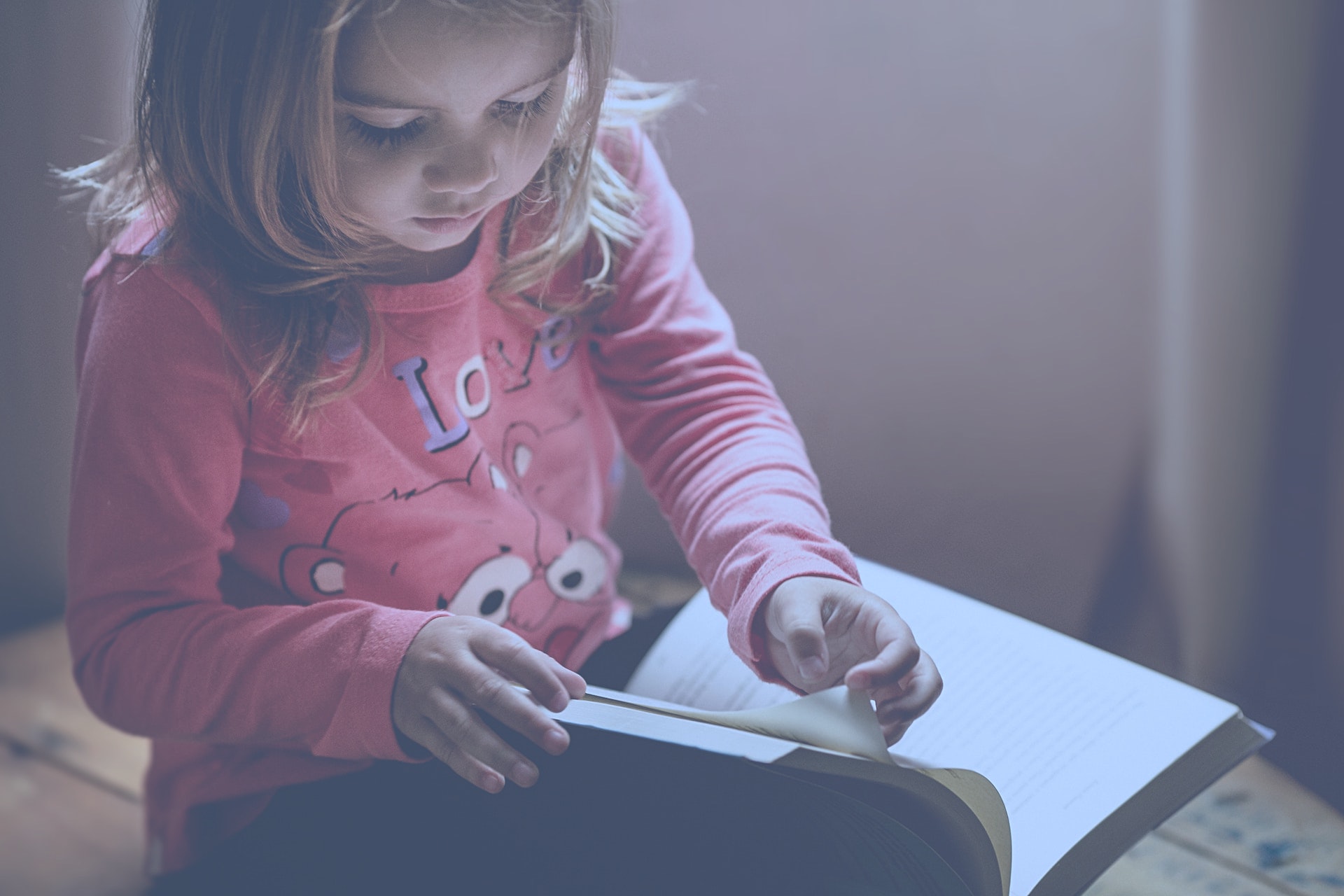
- BLOG
- Insights
6 books to nourish children's mental health
Knowing how to express and regulate our mental health and wellbeing is a lifelong journey that starts as soon as we’re born. As children develop, they begin to experience more complex thoughts, emotions, and sensations which, without guidance, can cause distress.
It is therefore vital that we help young children on their voyage as they explore the inner realms by equipping them with the appropriate tools. One of the best mediums for this purpose is stories.
Stories are not just a practical tool for understanding our inner world, but they also allow us to connect with the external world, for example, through storytime. Creating meaningful bonds with others is a foundational pillar of wellbeing, and echoes the theme for this year’s Children’s Mental Health Week: Connection.
There is a vast number of children’s books on mental health but we’ve whittled it down to our favourites. Whether it’s a one-off read or a story you read multiple times with a child, narratives have the ability to normalize and empower.
Anxiety
Ruby’s Worry by Tom Percival (5+)
This story is about a young girl called Ruby, who one day encounters her first worry. Despite her best efforts to ignore the worry, it only grows larger and larger muting her enjoyment of daily life.
Her worry shrinks once she vocalises her struggle, because she learns it’s a part of life rather than something to ashamedly hide. Encouraging children to be comfortable sharing their feelings is an essential message that underpins wellbeing.
Self-kindness
The Friend I Need by Gabi Garcia (7+)
In this heartfelt book, Garcia makes young children feel seen by portraying the difficulties of early years. After a young boy repeatedly engages in negative-self talk for falling of his bike and failing his spelling test, he embarks on a journey to understand how he can be kinder to himself. Eventually, he realises he is the friend he needs.
Self-compassion is our birthright, but life’s events mean this deeply crucial skill is often lost and so must be reclaimed. This story is a touching tribute to its importance, and offers guidance on how children can quieten their inner critic, tune into their inner friend and improve their mental health.
Emotions
The Colour Monster by Anna Llenas (7+)
Using the metaphor of colour, this book conveys to children that it’s normal to experience a mixture of emotions and offers guidance on how they can identify their feelings when they feel overwhelmed or confused.
Crucially, the author is careful not to assign a hierarchy to the emotions. She shows that each one is a valuable part of our psyche, such as sadness which is beautifully described as ‘gentle like a blue rainy day.’ This helps children internalise that emotions are neither right or wrong, they just are.
Grief
The Invisible String by Patricia Karst (3-7)
An exquisitely sensitive book on understanding loss, separation and loneliness. Two children, Liza and Jeremy, are awoken by a storm one night. Frightened, they run to their mother who encourages them to return to bed. When they hesitate, she reassures them, ‘You know we’re always together no matter what,’ before weaving in a powerful, reassuring metaphor: the invisible string.
This story teaches children that even when their loved ones are no longer present, they are connected with an invisible string. In other words, relationships last forever in our hearts. And this love not only transcends time and space, but it is also unconditional.
Gratitude
Gratitude Is My Superpower by Alicia Ortego (5-8)
One day, when her mother hands her a Gratitude stone, Little Betsy discovers the power of giving thanks. Without rain, we’d have no flowers, without school, we may have no friends. Soon Little Betsy realises that she doesn’t need a stone to feel thankful because gratitude is always in her heart.
Our fast-paced, consumerist culture makes it easy to focus on what we do not have. However, this story helps children reframe their view of the world, allowing them to appreciate the smaller things in life, which is an invaluable lesson for good mental health.
Wordcount: 677
Date: 7 February 2022
